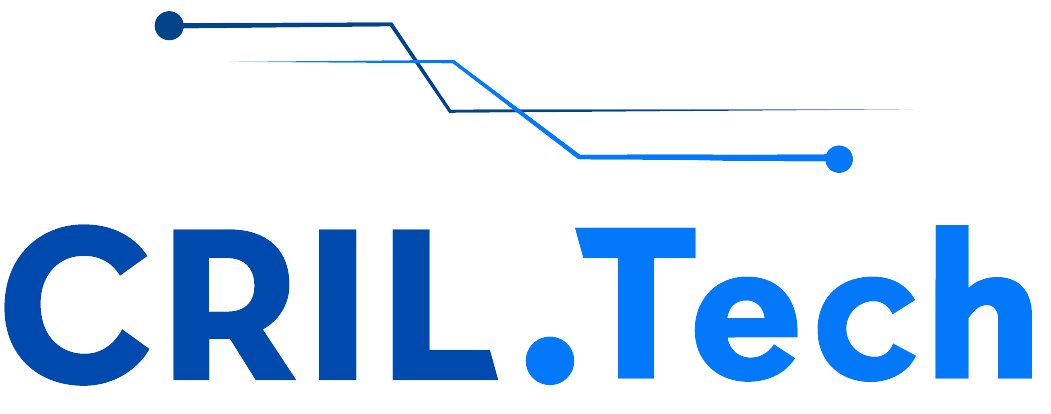When it comes to medical technology, Israel punches far above its size. Hidden behind many of the world’s most advanced medical devices—life-saving implants, imaging systems, surgical robotics, and digital-health platforms—lies Israeli DNA: fast-moving innovation, rigorous engineering, and a deep understanding of real-world healthcare needs. The emergence of israel medtech illustrates this innovative spirit.
Over the past three decades, Israel has quietly become one of the most productive R&D hubs in global med-tech. From the first prototypes of cardiac stents and neuro-modulation systems to breakthroughs in AI-driven diagnostics and smart rehabilitation, Israeli engineers and scientists have earned a reputation for doing one thing exceptionally well: turning complex ideas into working technologies, quickly and efficiently.

A Nation Engineered for Innovation
Israel’s strength in medical technology stems from a perfect storm of ingredients. A small domestic market forces companies to think globally from day one. A dense network of hospitals, universities, and research institutions encourages collaboration and rapid prototyping. And a culture of directness and creativity—born of necessity and sharpened by experience—pushes teams to test, fail, and improve faster than almost anywhere else.
Equally important is Israel’s deep familiarity with U.S. and European regulatory environments. Many founders and senior executives cut their teeth inside multinational corporations like Medtronic, Edwards Lifesciences, Boston Scientific, and GE Healthcare. They know the FDA’s language, the ISO 13485 mindset, and the clinical validation playbook. That know-how translates into startups that design with compliance in mind—not as an afterthought, but as part of their DNA (CTech by Calcalist, 2025).
The Ecosystem Behind the Breakthroughs
Israel’s med-tech ecosystem is remarkably mature. More than 1,600 active companies operate in life sciences and healthcare technologies, supported by over 70 innovation hubs, dozens of academic tech-transfer offices, and hundreds of venture-capital funds specializing in health technologies (Startup Nation Central, 2023).
Major medical-device leaders—including Medtronic, Philips Healthcare, Abbott, and Siemens Healthineers—have established R&D or innovation centers in Israel, working directly with local startups and research institutes. These collaborations blur the line between local innovation and global implementation: Israeli engineers develop the core technologies, while multinational partners scale them into full commercial systems.
This close integration allows young companies to access capital, clinical sites, and manufacturing expertise without losing the agility that defines Israeli innovation. It’s not uncommon for a two-year-old startup to pilot a device inside a major hospital, gain regulatory clearance, and partner with a global brand—all within a few short years.
Faster, Smarter, More Cost-Efficient Development
Perhaps Israel’s greatest edge lies in its ability to develop medical technologies with exceptional speed and efficiency. Product development cycles that might take three years elsewhere are often completed far faster in Israel — without compromising quality, regulatory compliance, or technical sophistication.
A combination of compact, multidisciplinary teams, a culture of rapid problem-solving, and close collaboration between engineers, clinicians, and regulators enables Israeli companies to move from concept to validation with impressive agility. This environment makes iteration faster, feedback loops shorter, and use of resources far more efficient.
As a result, R&D in Israel is widely recognized as more cost-effective and time-efficient than in most Western markets, while maintaining full adherence to FDA and CE standards. These efficiencies translate into reduced project risk, faster time-to-market, and a compelling value proposition for global medical-device manufacturers and investors.(Israel Innovation Authority, 2025).
Resilience Under Pressure
Even in times of political and economic turbulence, the sector continues to grow. In 2024 alone, Israeli life-science investments reached roughly $2.7 billion—a 25 percent increase over the previous year—with medical devices leading the charge. Exports of Israeli-made medical technologies hit $3.4 billion, the highest figure in five years (IATI & PwC Report, 2025).
More than statistics, these numbers reflect a deeper truth: innovation in Israel isn’t just about technology; it’s about adaptability. When challenges arise—whether in global markets or at home—Israeli engineers and entrepreneurs pivot, collaborate, and find new solutions. It’s a culture that doesn’t pause for uncertainty; it innovates through it.
Where Technology Serves Humanity
Israel’s med-tech breakthroughs are not driven by vanity metrics but by clinical impact. Startups here tend to focus on solving real problems—making surgeries safer, diagnostics faster, and care more accessible. Whether through AI-enhanced imaging, wearable monitoring, or minimally invasive systems, the emphasis is on human-centric design that saves time, reduces costs, and improves outcomes.
That pragmatic mindset explains why global healthcare giants keep returning to Israel for their next generation of ideas. They find teams that combine creativity with discipline, innovation with reliability—a rare combination in an industry where one weak link can ground an entire program.
A Small Country with Global Reach
In the end, Israel’s med-tech story is about leverage: a small nation transforming its constraints into strengths, turning limited resources into world-class outcomes. It’s an ecosystem built not on size but on intensity—dense with ideas, expertise, and relentless curiosity.
For companies and innovators worldwide, collaborating with Israeli talent means engaging with one of the most capable, cost-effective, and forward-thinking med-tech ecosystems on the planet. It’s where innovation meets execution—and where the future of healthcare is already being built.
At CRIL Technologies, we are proud to be part of this ecosystem—sharing the same spirit of precision, creativity, and technological excellence that defines Israel’s medical-device industry.
